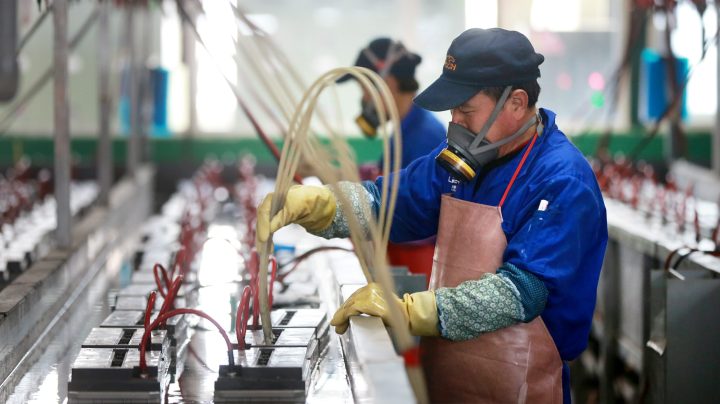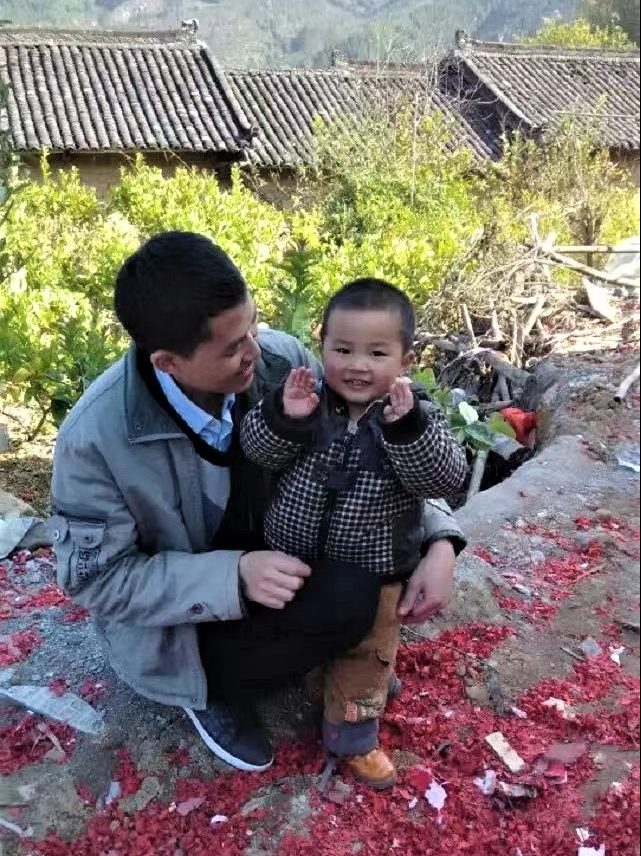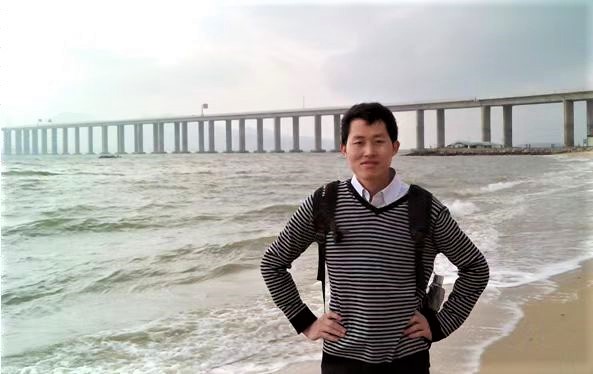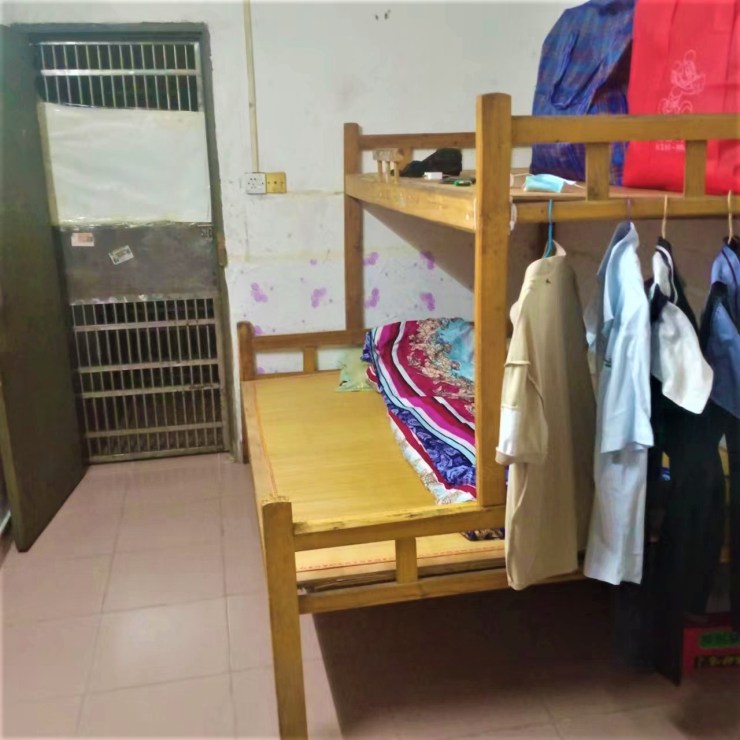
For many Chinese workers, the country’s zero-COVID policy has tested family bonds
For many Chinese workers, the country’s zero-COVID policy has tested family bonds

The Lunar New Year is like Thanksgiving and Christmas rolled into one. It’s an even bigger holiday for people like factory worker Xie Yifei.
He works in southern China’s Shenzhen, while his wife and children live in a different city with his in-laws.
“I usually go home once a year during the Lunar New Year holiday. I don’t see my family at other times, because it isn’t easy to ask for leave at the factory. Also, I wanted to work more to earn more,” Xie said.
China’s zero-COVID policy has kept many people from moving within the country for nearly three years. While in recent days the government has been loosening its zero-COVID rules, including canceling mandatory PCR tests to travel domestically, family bonds have been tested, especially among those who live apart from their families — like factory worker Xie.
He saw his wife and sons as usual in January 2020 just as the COVID-19 pandemic was breaking out. But 2021 was a different story; the coronavirus was becoming less severe but more contagious.
“Lunar New Year [2021], my wife and I were worried about our children catching COVID because their immune systems are weak. They stayed with my mother-in-law instead,” he said. “Only me and my wife went back to my hometown to visit my mother.”
Another year passed. His wife understands his long absences, but not their sons, ages 10 and 7. “Our sons said: ‘We’ve not seen father in two years. We don’t need him,’” Xie said.
Ahead of the lunar new year this past February, Xie reunited with his family. It took him two days to secure train tickets.
He met his wife and children at the Guangzhou rail station and together they headed to his hometown in neighboring Guangxi province. This was no easy feat.
“When I was preparing to go back to my hometown, the village cadre called and said, ‘Don’t come home for the lunar new year because Shenzhen had medium-risk areas,’” Xie said.

The area where he lives in Shenzhen was not one of them at the time, according to a list put out by the State Council, the equivalent of China’s cabinet.
That did not sway village officials, who said if he went back, he would have to quarantine in a government facility for at least 12 days at his own cost. He would have to pay 2,400 yuan ($340).
“That is about a third of my monthly salary,” Xie said. But he took the gamble anyway.
In 2021, there were 171 million people in China’s countryside who left their hometowns for jobs, mostly to cities along the prosperous east coast. Their sacrifices are the reason Americans can buy cheaper products.
It is not easy for them to work away from their families. Factory workers have had to leave their children behind when they’re little, sometimes just a few years old.
A video posted on China’s TikTok, Douyin, showed a son clutching the neckline of his mother’s shirt.
“Mama, don’t go!” he cried as another family member tried to pry him off and explained that mom had to go out to earn money. “I don’t want money. I only want mama!” the son said. His mom wiped away her tears too.
People who come from the countryside cannot just move with their families. There is the hukou, or residential registration. It acts as an internal passport system, which allows poor farmers to work in big cities but not settle there.

“The financial pressure in Shenzhen is too big. I can barely afford rent for myself. If my kids are in Shenzhen with me, they won’t qualify for free public school. They’d have to go to a private school. That is over 10,000 yuan ($1,400) per semester for two children,” Xie said, adding that his wife would still have to look after the children full-time and not work. “I can’t afford that.”
For over a decade, Xie has worked in factories manufacturing electronic connectors. They are used in products such as laptops, monitors and GPS systems in cars.
“The salary in Shenzhen is one of the highest in China,” Xie said.
While COVID has forced people in the U.S. to rethink their work situations, Xie doesn’t have the same luxury.
“My life is kind of miserable, but I have no choice. I can’t live like my father’s generation and grow crops at home because that doesn’t earn enough. But it doesn’t feel like home where I work. So, I have a home I can’t return to, and there is not a home for me in the place I live in.”
In the end, Xie made it back to his hometown with his family last February without having to quarantine.

On the trip home, he shot a video of him checking his sons’ homework. They looked and sounded like a regular family. Off camera, however, Xie said things felt different.
“When I saw my sons, it felt like we were strangers. I’d ask them questions, but they didn’t really say much,” he said. “It felt like they didn’t know me.”
It’s been 10 months since then.
Xie said he has another chance to reconnect with his sons for the Lunar New Year coming up in January — COVID restrictions or not.
Additional research by Charles Zhang.
There’s a lot happening in the world. Through it all, Marketplace is here for you.
You rely on Marketplace to break down the world’s events and tell you how it affects you in a fact-based, approachable way. We rely on your financial support to keep making that possible.
Your donation today powers the independent journalism that you rely on. For just $5/month, you can help sustain Marketplace so we can keep reporting on the things that matter to you.


















